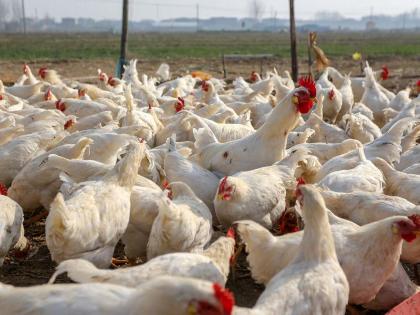After COVID-19, bird flu detected in Kerala’s Alappuzha district
By Lokmat English Desk | Published: December 9, 2021 05:05 PM2021-12-09T17:05:49+5:302021-12-09T17:07:02+5:30
Samples of ducks sent from Purakkad in the Alappuzha district of Kerala have tested positive for bird flu as ...

After COVID-19, bird flu detected in Kerala’s Alappuzha district
Samples of ducks sent from Purakkad in the Alappuzha district of Kerala have tested positive for bird flu as per a report in India TV. Authorities confirmed that the reports have come from the Bhopal-based lab of the National Institute of High-Security Animal Diseases where the samples have tested positive for the H5N1 influenza virus. Consequently, the state veterinary authorities have instructed to cull birds at the Thakazhi village council and 10 teams have been formed for it. According to reports, this virus can spread rapidly through the air, but it rarely affects human beings. The latest development is a big blow to for the duck farmers especially in Alappuzha with Christmas celebrations around the corner.
Bird flu is similar to swine flu, dog flu, horse flu and human flu as an illness caused by strains of influenza viruses that have adapted to a specific host. Out of the three types of influenza viruses (A, B, and C), influenza A virus is a zoonotic infection with a natural reservoir almost entirely in birds. Avian influenza, for most purposes, refers to the influenza A virus. Though influenza A is adapted to birds, it can also stably adapt and sustain person-to-person transmission. Recent influenza research into the genes of the Spanish flu virus shows it to have genes adapted from both human and avian strains. Pigs can also be infected with human, avian, and swine influenza viruses, allowing for mixtures of genes (reassortment) to create a new virus, which can cause an antigenic shift to a new influenza A virus subtype which most people have little to no immune protection against.
Open in app